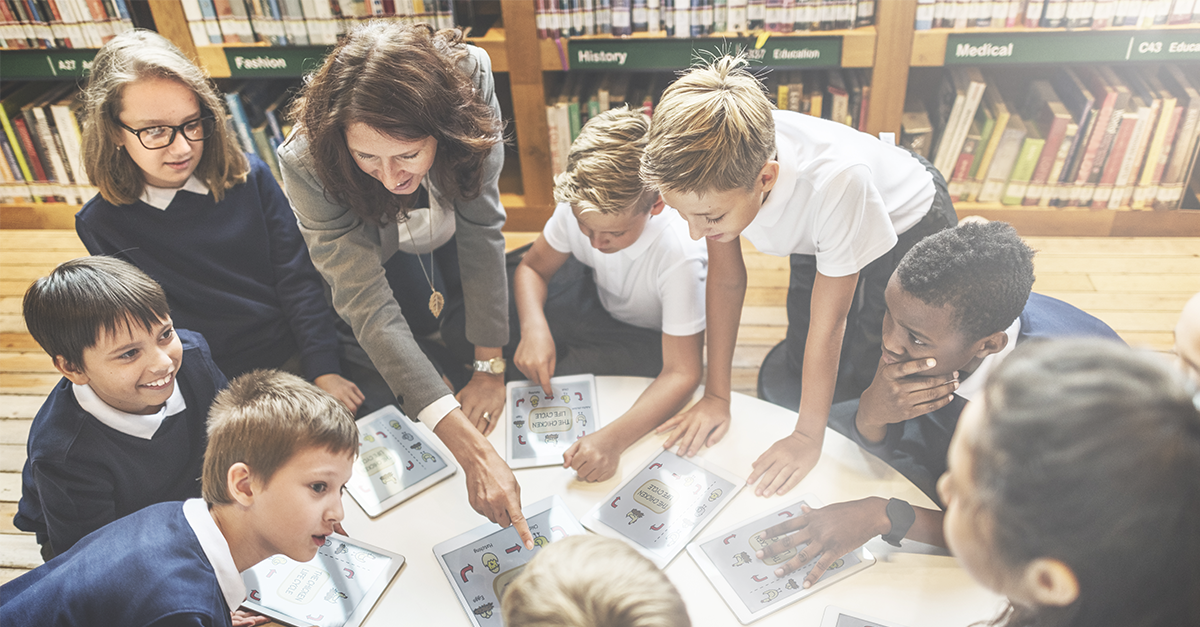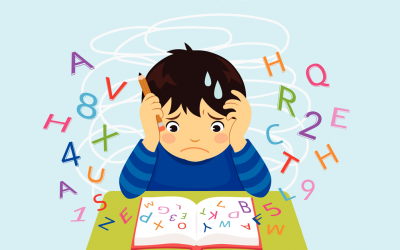We love screen time, you know that. We believe screens are a great tool when it comes to learning. We’ve said it before, we say it now, we’ll say it again in the future.
Yes, we know, but why do you think so?
First of all, because kids relate screen time to play time.
The problem is that so do parents, which is why we generally don’t like screen time for our kids so much. But, hey, why not use screens as an ally instead of as the enemy.
Kids relate screen time to play time. If we let them use screens to learn stuff… they might relate learning time to play time. Right?
Also, we build educational apps for kids, what kind of monsters would we be if we didn’t believe in the power of screen time?
Point taken, but are screens really useful for learning?

Short answer: yes, they are. SUPER USEFUL.
Somewhat longer answer: You know –and if you didn’t know, now you do –we like to be objective when it comes to education and kids. We believe both paper and screens are great tools for learning. So, why not combine them?
Studies claim screens are great when it comes to concrete learning. So, even though paper seems to be better when it comes to reading comprehension and note taking, technology makes new ways of learning possible.
And it makes a lot of sense. Active learning has been proved to be a much better learning method, as opposed to passive learning.
This means educational apps that require interaction are a great way to learn new things. That’s why our educational app is great for toddlers to learn the numbers, colours and many more topics!
What about screens in school?

Let’s start off with some statistics:
Most people think students should start using laptops in class in high school (25%) or college (18%). Only 18% of respondents thought laptops should be introduced in elementary school.
When it comes to tablets, results are similar. Most people think high school is the best time to introduce tablets. Yet 13% of respondents think students shouldn’t use tablets at all. Only 17% of the people think tablets should be introduced in elementary school.
We’d like to remind you how long it would take our generation to finish a school essay or project when computers and the internet didn’t exist. Now, we can access a lot of quality content and type in no time thanks to technology!
So… should textbooks be digital?

Again, let’s check out some numbers:
36% of respondents are still against this change. Same as the amount of people who are ready for digital books (at least for some subjects). 28% of respondents are in for the digital switch. This means 64% of the people are pro-screens!

However, many studies claim that paper reading, as opposed to screen reading, allows “deep reading”, which leads to better understanding. These studies also claim that when learning something, it may be in your best interests to digest the information from multiple media forms.
Brief summary
Because “long summary” didn’t make much sense, right?
Both are great, both are necessary. Both are useful and neither is going anywhere any time soon.
Games like the ones we build at Kokoro Kids are a fantastic way to make toddlers and kids learn about a wide range of topics (more and more every day) and arouse their curiosity. So let’s embrace change and see new technologies as the powerful tools they are!



